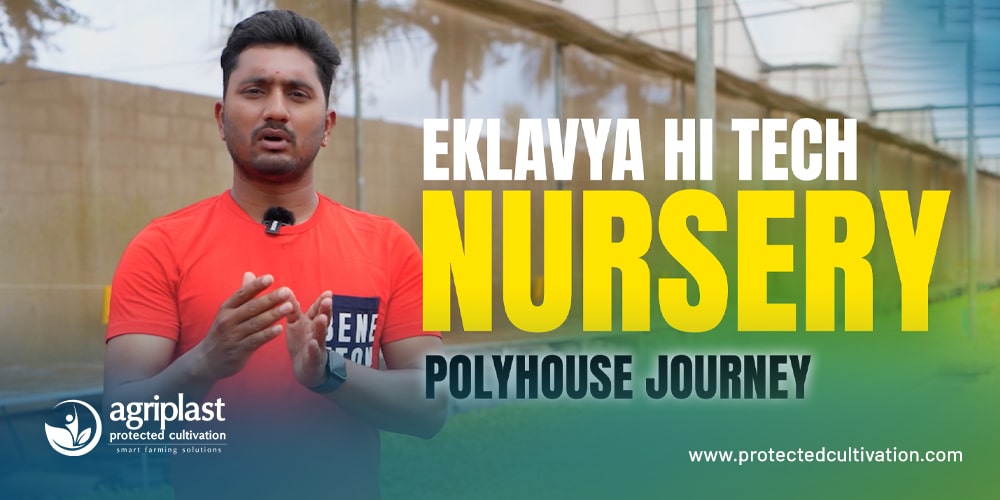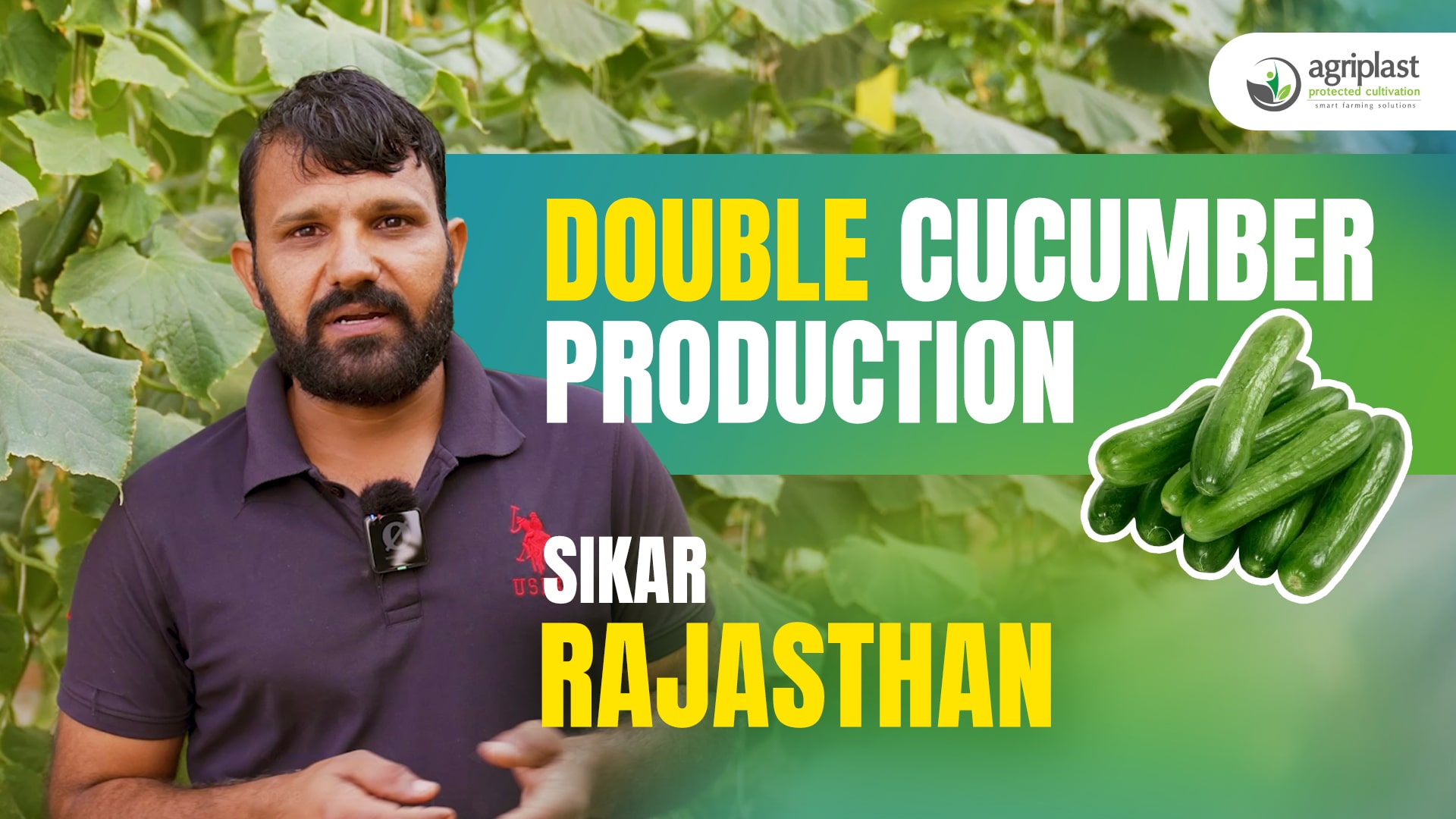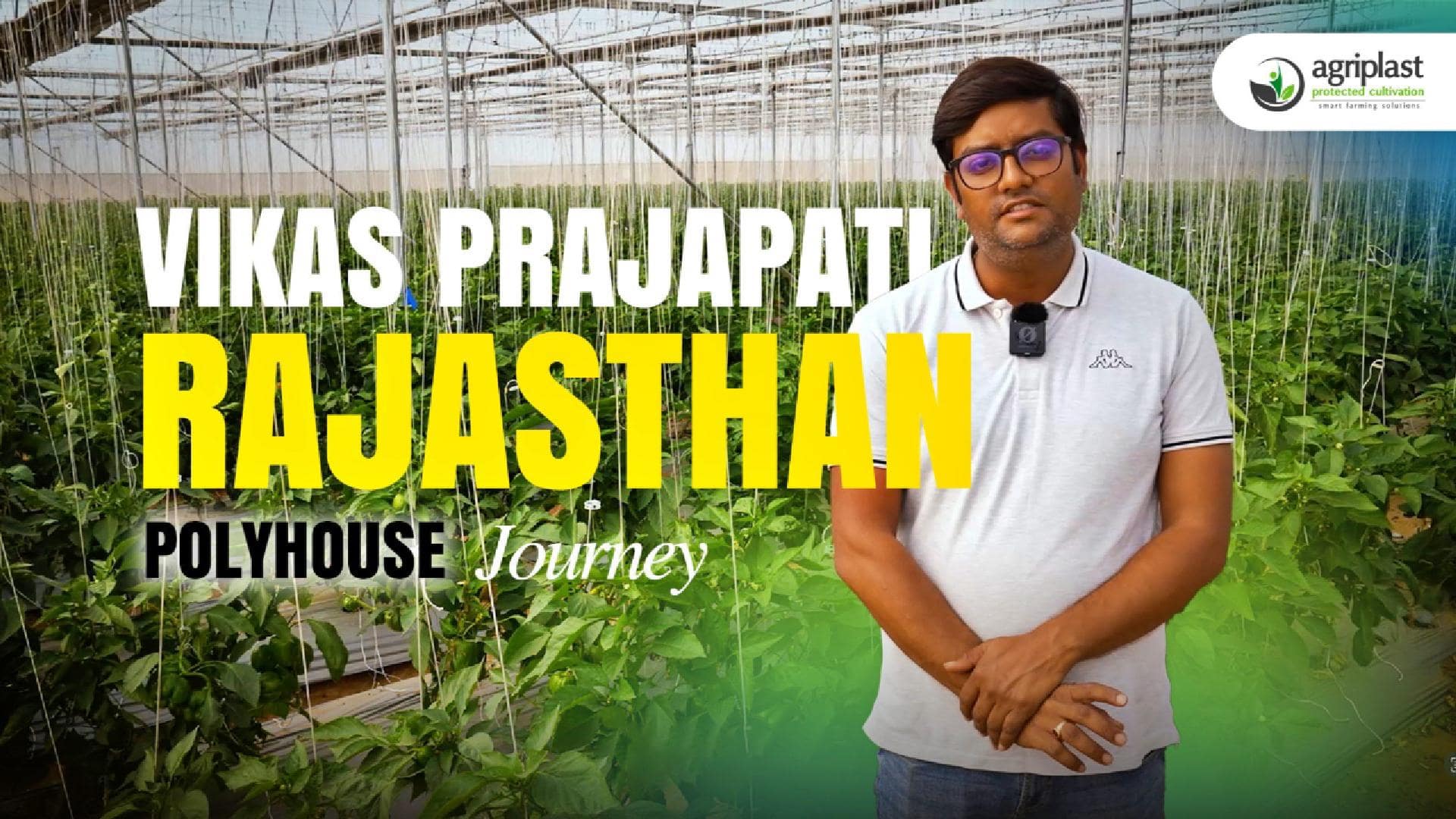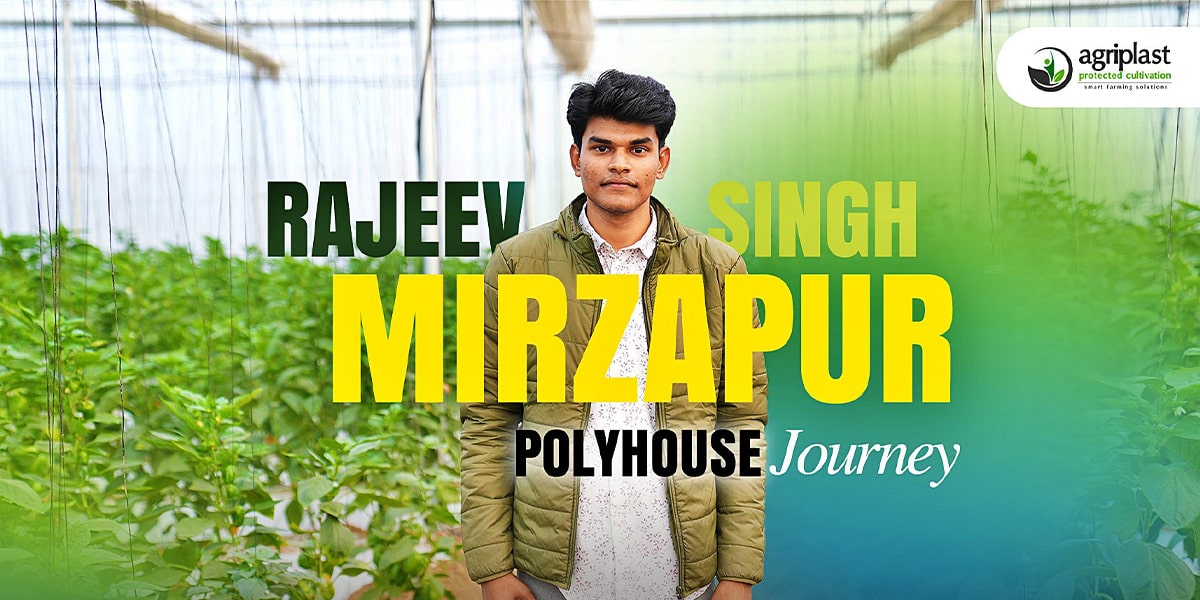Growing Smarter: The Art of Hydroponic Farming
Farming has been an essential part of human existence for thousands of years. With the ever-increasing global population, the demand for food has never been higher. As a result, farmers are always looking for innovative and sustainable ways to produce more food. Hydroponic farming is one such method that has been gaining popularity in recent years. In this blog post, we will explore the art of hydroponic farming and the benefits it offers.

What is Hydroponic Farming?
Hydroponic farming is a technique for cultivating plants without using soil. Rather, the plants are grown in water with added nutrients. Although this method of farming dates back to ancient times, it has only become popular in recent years. Hydroponic farming is a modern and eco-friendly way of growing plants that provides many advantages compared to conventional soil-based farming.
Benefits of Hydroponic Farming
Hydroponic farming has numerous benefits over traditional soil-based agriculture. One of the most significant benefits is that it allows farmers to grow plants in areas where soil is not suitable for farming. Hydroponic systems can be set up in urban areas where space is limited, making it an ideal solution for urban farming.
Another significant benefit of hydroponic farming is that it uses less water than traditional soil-based farming. Hydroponic systems recirculate water, allowing farmers to use up to 90% less water than conventional soil-based farming. This makes hydroponic farming a more sustainable and environmentally friendly method of farming.
Hydroponic farming is also more efficient than traditional soil-based farming. By growing plants in nutrient-rich water solutions, hydroponic systems provide plants with the exact nutrients they need to grow. This means that plants grow faster and produce higher yields than traditional soil-based farming.
Types of Hydroponic Systems
There are several types of hydroponic systems, each with its unique advantages and disadvantages. The four main types of hydroponic systems are:
Deep Water Culture (DWC)
DWC is one of the most popular types of hydroponic systems. In this system, plants float on a nutrient-rich water solution. An air pump is used to oxygenate the water, which helps the plants absorb nutrients. DWC systems are easy to set up and maintain, making them an ideal choice for beginners.
Drip Irrigation
In a drip irrigation system, nutrient-rich water is dripped onto the base of the plant. This system is more complex than DWC systems but offers more control over the amount of water and nutrients each plant receives.
Nutrient Film Technique (NFT)
In an NFT system, plants are grown in a shallow channel, and nutrient-rich water is constantly circulated over the roots. This system is highly efficient and allows for high yields but requires more maintenance than DWC or drip irrigation systems.
Aeroponics
In an aeroponic system, plants are grown in a mist or fog of nutrient-rich water. This system is highly efficient and allows for the highest yields of all hydroponic systems. However, it is also the most complex and challenging system to set up and maintain.
Conclusion
Hydroponic farming is an innovative and sustainable way of growing plants that offers numerous benefits over traditional soil-based farming. With hydroponic systems, farmers can grow plants in areas where soil is not suitable for farming, use less water, and produce higher yields. There are several types of hydroponic systems, each with its unique advantages and disadvantages. Whether you're a beginner or an experienced farmer, hydroponic farming is an excellent way to grow plants and contribute to a more sustainable future.
Don't miss out on the opportunity to take your farming business to the next level with Agriplast Protected Cultivation's top-notch greenhouse farming solutions. As the largest polyhouse manufacturer in India, we are dedicated to providing you with the best possible outcomes and workable solutions to help your farm achieve continuous growth. Contact us today to learn how we can help you thrive in the world of greenhouse farming.























